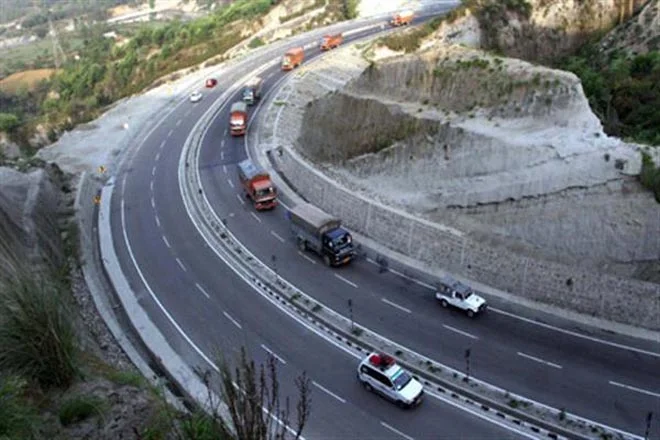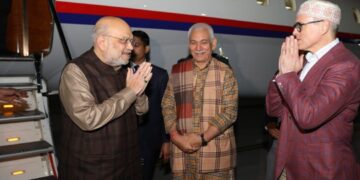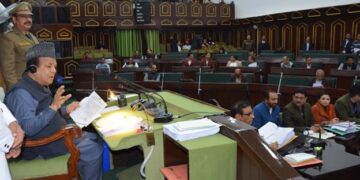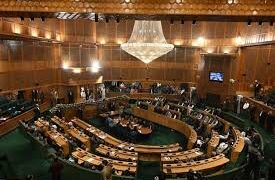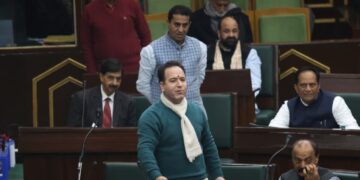Srinagar: The ongoing closure of the Jammu-Srinagar National Highway has thrown Kashmir Valley into a condition of economic crisis, disrupting supply chains and daily life for common citizens.
Widely regarded as the Valley’s economic lifeline, the highway’s shutdown has paralyzed businesses and created ‘possibility of shortages of essential commodities’ across the region.
According to details collected by the news agency—Kashmir News Observer (KNO), with the highway closed, air travel has witnessed a slight increase as people seek alternatives, though the limited capacity is insufficient to offset the impact of the road disruption.
Meanwhile, citizens and traders are urging the government to fully reopen the highway and develop Mughal Road as a reliable alternative route. They are also demanding stricter monitoring to curb profiteering in markets.
Officials from Srinagar Airport, speaking to KNO, said the air traffic has seen a slighter uptick. “Those in emergencies and people with alert schedules have to take flights, while others who changed their plans also chose air travel, resulting in a slight increase in traffic,” a senior official said.
Air traffic data accessed by KNO for September 8 revealed 30 arrival flights and 30 departure flights, totaling 60 flights. It says the number of arriving passengers was 5,538, departures 5,251, bringing the total to 10,789.
On September 7, the Valley witnessed 16 arrival flights and 16 departure flights, totaling 32 flights, with 2,882 arriving passengers and 2,830 departing passengers, totaling 5,712 passengers.
Across the valley, the shortages of daily necessities are being felt, with market prices for essentials soaring as chicken is now selling at Rs 200–220 per kilogram, while a tray of eggs fetches Rs 250–280.
Speaking to KNO, several citizens expressed frustration. “A vegetable that cost Rs 30 per kg a week ago is now selling for Rs 80,” said one resident. “The prices of all fruits and vegetables have doubled, making it unbearable for the common people.”
Many fear that if the situation persists, even basic food items may soon be out of reach for poorer households—(KNO)

